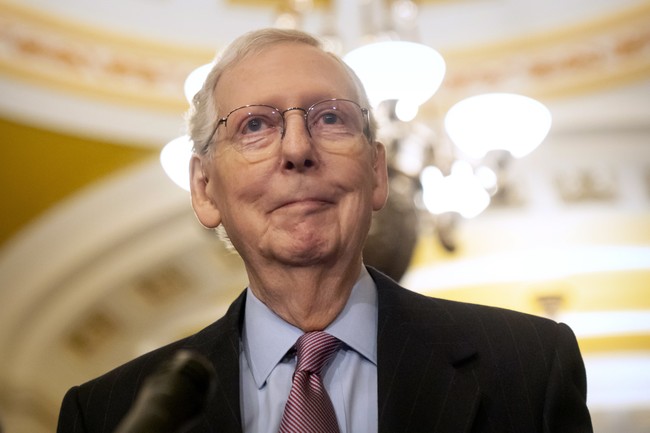Singapore's Bold Stock Market Revival Efforts
Singapore is introducing substantial measures aimed at revitalizing its stock exchange market, confronting both economic incentives and public skepticism in a bid to boost investor confidence.
Published February 22, 2025 - 00:02am

Image recovered from businesstimes.com.sg
In an ambitious effort to breathe new life into its stock exchange market, Singapore has unveiled a series of tax incentives designed to attract companies and fund managers to list within the city-state. As part of the Budget 2025 announcement, Finance Minister and Prime Minister Lawrence Wong emphasized that these measures are a subset of strategies crafted by the Equities Market Review Group to enhance the appeal of the local stock market. The review group, headed by Second Minister for Finance Chee Hong Tat, intends to reverse the trend of dwindling local retail interest in favor of international markets, particularly the United States.
The tax incentives are crafted to specifically target companies and fund managers choosing to list on the Singapore Exchange (SGX). Corporations will benefit from a Corporate Income Tax (CIT) rebate of 20 percent on primary listings and 10 percent for secondary listings, whilst fund managers, upon achieving a primary listing, will obtain a reduced concessionary tax rate (CTR) on qualifying income. Enhanced concessionary rates aim to stimulate professional headcount and asset management levels, while tax exemptions extend to significant investments in Singapore-listed equities, aiming to encourage a boost in local economic activities.
Simultaneously, these policy shifts arrive amidst skeptical public sentiment toward the revitalization efforts. Critics argue fundamental issues remain unaddressed and cite skepticism surrounding the tangible effects of such incentives. Commentary in social and news media highlights the reticence toward a proposal perceived as incremental rather than transformative. Detractors, like Gerard Ong, a former managing director at Foreword Communications, dismiss the measures as ineffectual against deeper structural market challenges. This public disapproval is exemplified by the decline in SGX shares following these announcements, and a downgrade from Citi Research exacerbating the sentiment.
Current trends have seen a diversion of Singaporean retail investments away from local equities toward US markets, lured by prospects of higher returns from high-growth firms such as Nvidia and Tesla. Local trading volumes have markedly diminished in recent years, and the Straits Times Index's volumes have reached a five-year low, despite observational spikes in its value driven by local banking performances. These shifts indicate a broader preference for dynamic, internationally diversified portfolios among both retail and institutional investors.
While the Singapore government recognizes these challenges, the Equities Market Review Group has countered skepticism by proposing regulatory adjustments as a part of a broader set of promises to propel the Singapore stock market into a revitalized phase. They envisaged these incentives in conjunction with regulatory recalibrations would foster a congenial environment for corporate and investor engagement.
The systemic approach by the government's review group underscores a dual focus: addressing immediate market competitiveness while leveraging tax reforms to induce a cycle of sustained listings and investments within Singapore's financial ecosystem. However, these efforts must bridge the gap between policy objectives and market realities, an endeavor that necessitates long-term commitment from both public and private enterprises alike.
As the city-state navigates these reforms, the ongoing discourse both within and beyond financial sectors will be crucial in determining the success of these measures in repositioning Singapore as a competitive node in the global equities marketplace.








